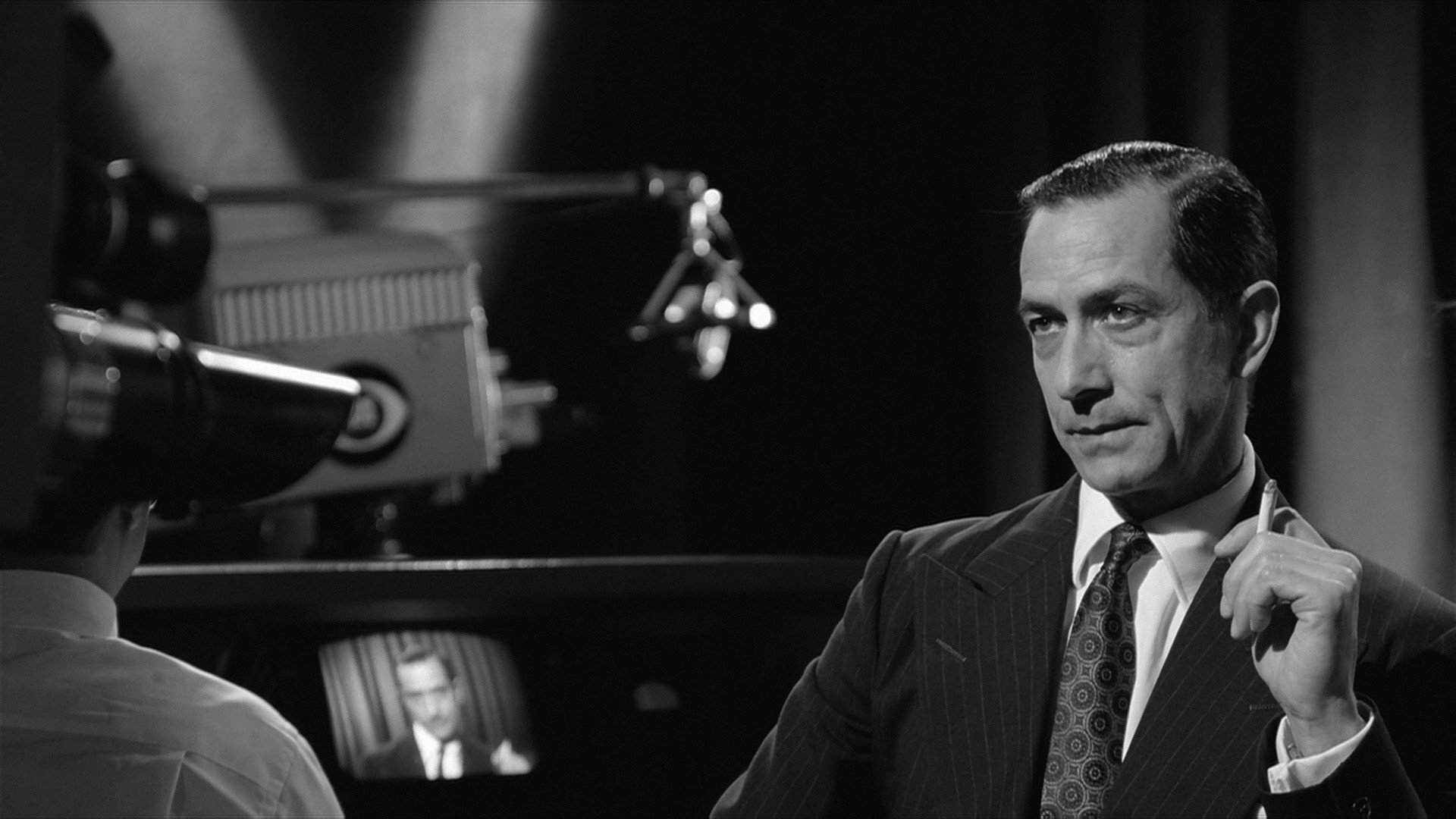
Good Night, and Good Luck.
Arguably, the importance of the message and themes of Good Night, and Good Luck. has only increased in the twenty years since its release.

We Were Here
The barebones style of documentary filmmaking showcased in We Were Here makes it a highly effective form of information distribution, earning it a place among the all-time greats.

The Trial of the Chicago 7
The Trial of the Chicago 7 is a powerfully acted film that reminds us of our duty to stand up for those who can’t stand for themselves, especially in the world we currently live in, certainly deserving of mention alongside great films.


Letters from Iwo Jima
Clint Eastwood has given us a superior war film in Letters from Iwo Jima that brilliantly portrays the dehumanizing nature of warfare with poignant stories that humanize those we often view as the enemy, fully deserving of a spot among the Greatest Films of All Time.
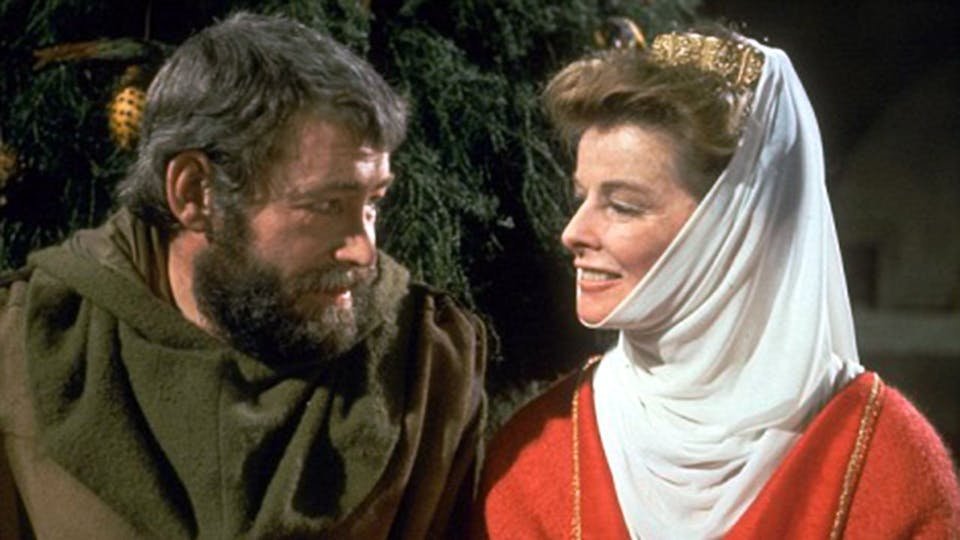
The Lion in Winter
Across the board, the film is well acted and well-put-together, providing a weighty and deeply engaging treat for any who give it the time of day, fully deserving of recognition among the greats.

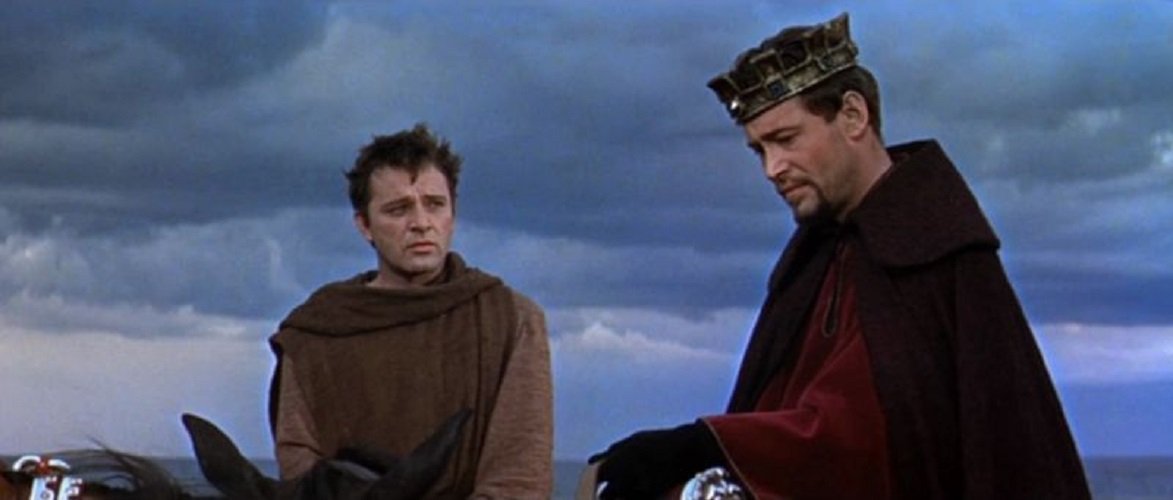

Beyond Utopia
Their stories still make it worth catching if that’s something you’re interested in learning more about, and it is an impressive documentary on those fronts, mostly deserving of its accolades.
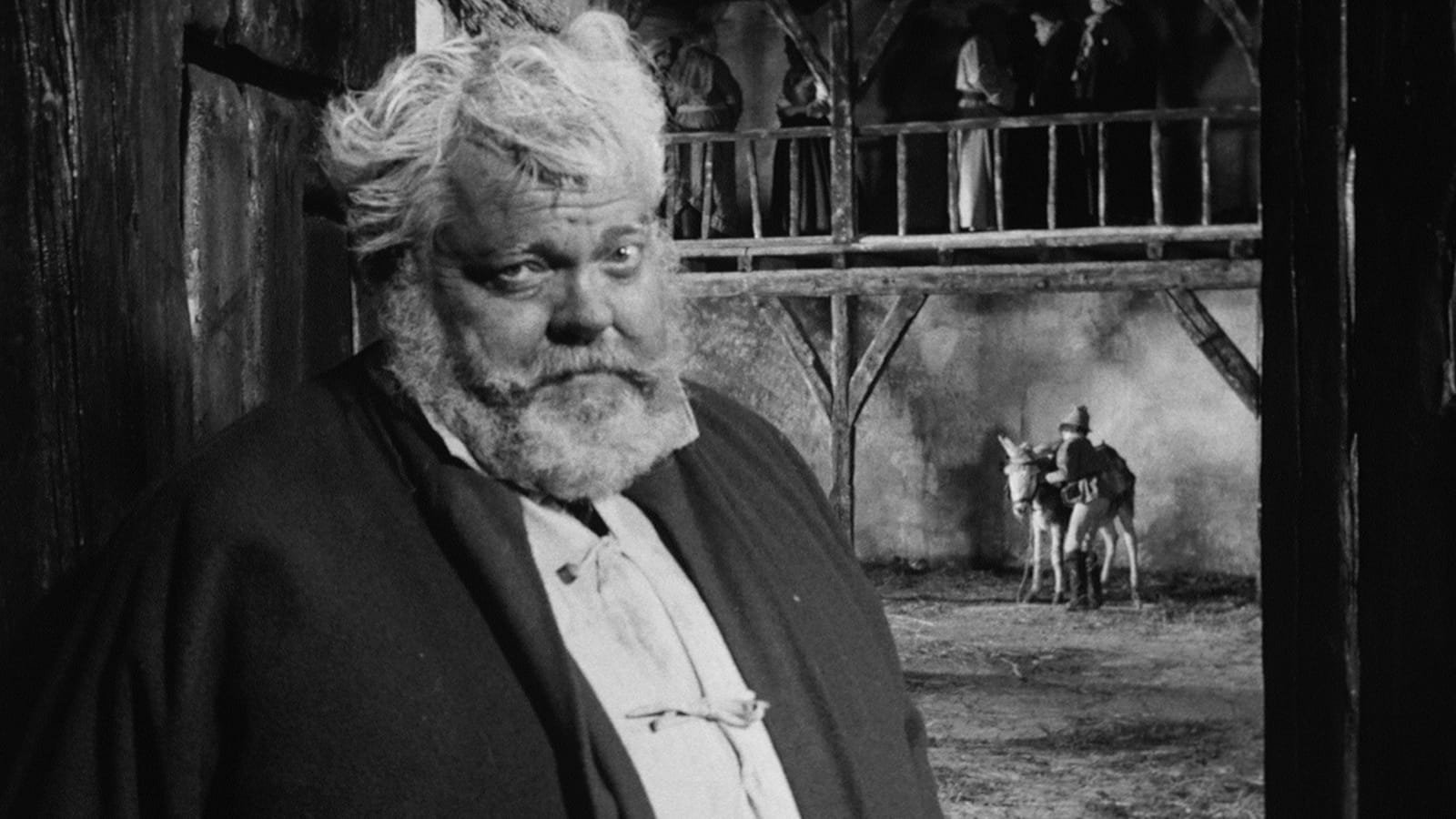
Chimes at Midnight
Welles takes the lion’s share of the credit for the greatness of Chimes at Midnight in both his direction and acting, giving us a portrayal of the works of Shakespeare that stay true to the original content while highlighting their universal nature, earning the film a spot among the greats along the way.

Harlan County U.S.A.
Harlan County U.S.A. presents a hopeful and realistic look at the plight of laborers and unions in the United States, showcasing the potential efficacy of media in cooperation with the common person and earning a place of greatness in the process.

The Nun’s Story
Between Audrey Hepburn’s strong leading character study and the thematically appropriate cinematography, The Nun’s Story captures something about an era of film that deserves a place among the greats.


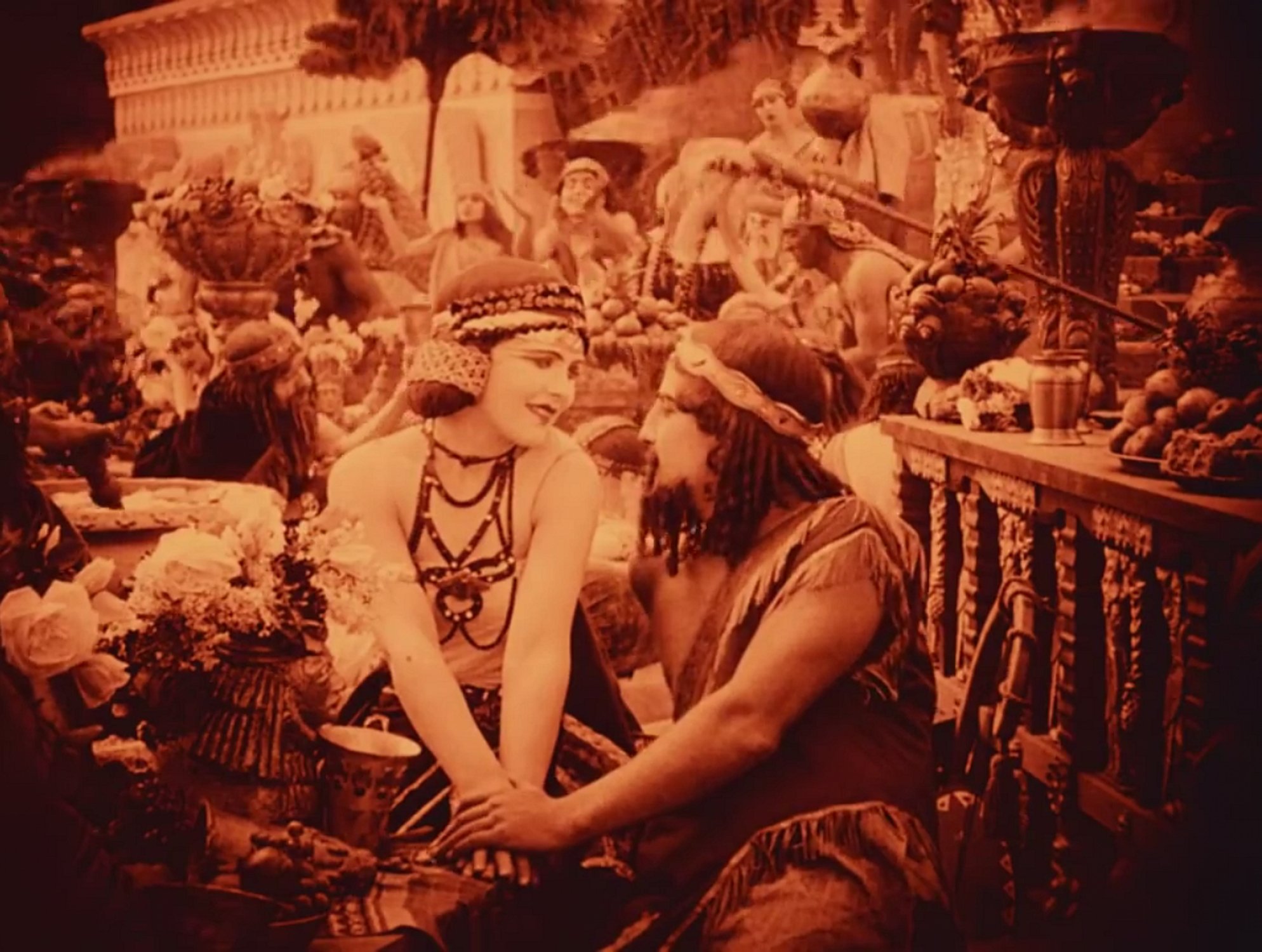
Intolerance
Credit is owed where it’s due, and for D.W. Griffith’s Intolerance, credit is owed greatly to its filmmaking techniques that gave audiences a historical epic interwoven with a tale of the Christ, a French historic melodrama, and a modern parable of legalism and capitalism, earning it a place among the greats.

Bloody Sunday
Told with such a gripping style, Bloody Sunday showcases its greatness and Greengrass’s skill as a filmmaker by refusing to let you look away from the atrocities that it seeks to depict, cementing a place beside the Greatest Films of All Time as it does so.


Young Mr. Lincoln
Between Henry Fonda’s excellent portrayal of the iconic president’s early years in law and the fascinating case study presented in the film’s legal drama, Young Mr. Lincoln cements an easily rewatchable spot among the Greatest Films of All Time.

Hotel Rwanda
Hotel Rwanda does the important work of showing audiences that the Rwandan Genocide was carried out by actual people as the result of European colonization of the nation, all of it with engrossing performances from its lead man and chief supporting lady, warranting recognition as one of the Greatest Films of All Time.

Selma
In a film driven by its director and lead actor, Selma gives its audience a moving look at the struggle for voting rights in the 1960s, as spearheaded by MLK, portrayed excellently by David Oyelowo, in a film that captures the exact essence of what director Ava DuVernay hoped to, earning it recognition as one of the Greatest Films of All Time.